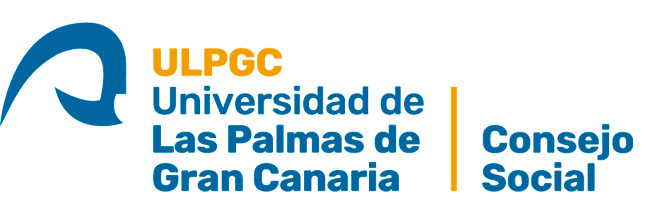The draft bill for the LOSU [University System Act] wastes the opportunity to match the Spanish model to that of comparable European systems
The Executive Committee of the Conference of Social Councils of Spanish Universities (CCS) believes that the LOSU [University System Act] draft bill passed by the Cabinet does not meet the genuine needs of our country’s university system.
In the opinion of the CCS – which brings together the Social Councils of all public universities and the boards of private universities – the text does not broach the issue of profound change to the current university governance model in order to achieve genuine operational and institutional self-governance. For this reason the Conference is dissatisfied with the draft bill’s continuity on this matter and its lack of the necessary structural changes or the modernisation of the Spanish university system and its alignment with comparable successful models from around the world. These models are all characterised by the participation of civil society representatives, from outside the university, in the management, transparency and accountability of the university, including the appointment of the rector through a merit-based selection process. In this respect, the first version of the draft bill envisaged a method for the appointment of the rector which was not ideal as it relies on the decision of the university itself, although it did at least open up a means for moving towards the aforementioned models.
The key issue surrounding this model is for social interests to be at the heart of all reforms, as universities should serve society. Without this Spain will continue to be an exception within the world of modern university systems and the excellence of its higher education public service will remain inevitably compromised.
Furthermore, contrary to that stated in the preamble, the draft bill does not “revitalise the Social Councils” but rather reduces their current powers, which are already scarce and in many cases theoretical due to a lack of real authority. Universities do not belong to those who work and study there, but rather to the whole of the society to which they offer their higher education public service. Social Councils – in their role as representatives of the society which largely pays for the public university system through its taxes – insist on powers and resources to carry out their responsibilities regarding the suitable management, transparency and social accountability of the university system. Moreover, the Social Councils ask that they monitor economic activity and service provision, for which it is necessary for the body responsible for internal monitoring to work under them.
The CCS is particularly concerned about the change in the system for appointing Social Council members. Their politicisation should be avoided and their independence from university management bodies guaranteed. The universities themselves should have no influence or involvement in the appointment of Social Council members who represent civil society.
Finally, the Conference places particular emphasis on the need for the university to be an institution which is competitive, efficient and meritocratic in its talent management and one in which meritocracy must go from the top down, starting always with the most senior member of the institution.
The CCS believes that if the structural reforms required by the Spanish university system are not undertaken, Spain will continue to be an exception within the world of modern university systems and the excellence of the higher education public service will remain inevitably compromised.
In recent months the CCS has had various meetings with Minister Manuel Castells and his team. The chairman of the CCS, Antonio Abril Abadín, has always stressed the importance of the Ministry relying on the Conference as “an active representative for the university system, without corporate, ideological or political constraints, in order to address new legislation which is the result of a national agreement with wide ranging political consensus”.
About the Conference of Social Councils of Spanish Universities (CCS)
Social Councils are society’s representative body within universities. Standing out among their roles is monitoring and approving each centre’s budget and academic courses. The Conference brings together the social councils of public universities and also includes a growing number of private centres. It is regulated by the Universities Act [Ley Orgánica Universitaria] and by the specific legislation of each Spanish region.


